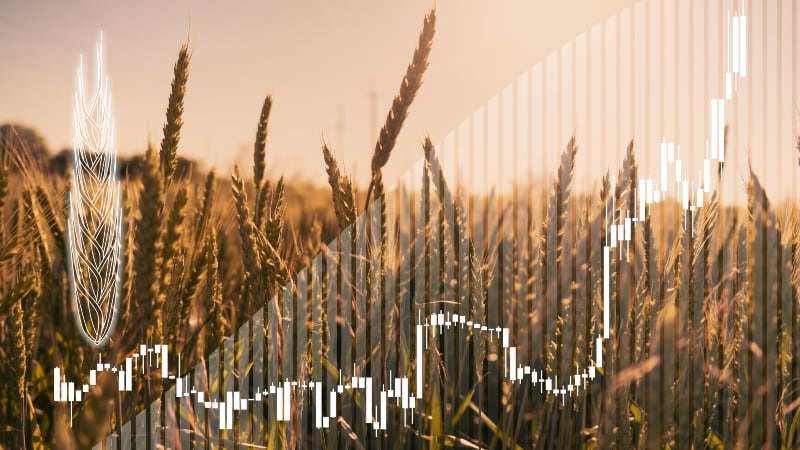This was the conclusion of an expert panel which convened at the recent Asia-Pacific Agri-Food Innovation Summit in Singapore, comprising of Aleph Farms Co-Founder and CEO Didier Toubia, Cargill Food Solutions for South-East Asia Francesca Kleemans, GROW CEO Joshua Soo and JAPFA CEO Tan Yong Nang.
The panel discussion was moderated by the Singapore Economic Development Board Head of AgriFood and Americas Samuel Chan.
In particular, Soo noted that in terms of food and agriculture innovation there are many untapped markets in South East Asia, but there exists a tendency to focus on solely high-tech solutions such as alternative proteins.
“There is a very real risk here to think that innovation always needs to be about technology, particularly high-technology solutions only,” he told the floor.
“This then leads to a tendency to overestimate high-tech solutions and underestimate lower-tech solutions.
“For instance, there is a lot of attention today on new proteins as a solutions to overcome climate challenges – but the fact is that as a solution this will take a long time, and there is a need for more immediate changes, which will go back to making changes in more traditional food supply chains.
“As such, we need to be careful of how we draw the line between traditional and novel food supplies, as there is a need to not underestimate or overlook either.”
Toubia concurred as a leader in the cultivated meat industry, adding that alternative proteins should be viewed as an important, but not only, step in diversifying the food supply.
“There can be no doubt that food supply chains are at risk in many parts of the world, given situations such as the war in Ukraine or mad cow disease or climate events like heat waves affecting traditional supply,” he said.
“So it is clear that diversification is still importance, and indeed alternative proteins like cultivated meat are not all about new technology but about creating a complementary supply.
“We obviously cannot just depend on animal protein forever and need to have this new complementary supply that does not use the resources which are rapidly running out now if we wish to increase food system reliance.”
Tan added that technology remains a key necessity for progress, particularly when it comes to removing the guesswork from both innovation and traditional food supply chains in order to move forward.
“Technology in agrifood tends to focus on increasing efficiencies, and usually introduces incremental changes,” he said.
“The thing is that we are now at an inflection point, where some technologies are making major changes and disrupting the industry [so a lot of focus tends to fall here], such as alternative proteins and artificial intelligence.
“There definitely remains a need to tap on these new technologies, such as methods to obtain and analyse data via AI in order to prevent a lot of guess work when it comes to [innovating new products] and processes – it is important in order to continue improving efficiencies.”
Integrating nutrition
Kleemans on the other hand believes that innovation in the industry still centres around formulating according to food and beverage trends, of which health and wellness remains a key driver in APAC.
“The important thing now is that nutrition needs to be integrated into new products, whether it means fortification with nutrients or methods of sugar reduction,” she said.
“There is a need to remember that the economic growth in this region has been very fast compared to western markets which had a few centuries to grow – this fast growth has led to a more apparent nutrition imbalance between different demographics, which needs to be addressed.
“It has also become apparent that the major trend now is a combination of an economic pressure to trade down with a desire to splurge and indulge – and this is a conundrum that only innovation will be able to address.”





